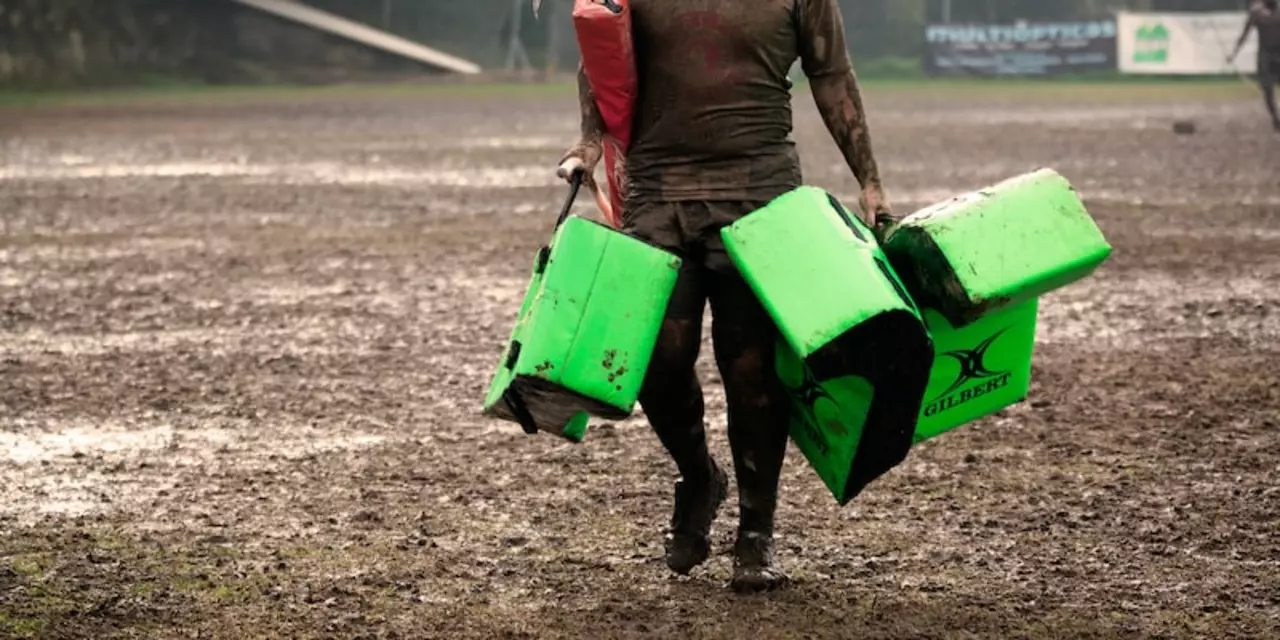Rugby Rules – What Every Player and Fan Should Know
Whether you’re stepping onto the pitch for the first time or cheering from the stands, knowing the basic rules makes the game far more enjoyable. At Old Warriors Rugby Club we keep the focus on safety, fairness, and the spirit of the sport, so let’s break down the essentials you’ll hear about on match day.
Core Laws of the Game
The world governing body, World Rugby, sets out 15 laws that cover everything from how the ball is played to what counts as a foul. The most common ones you’ll see in a club match are:
- Scoring: A try is worth five points when a player grounds the ball in the opponent’s in‑goal area. A conversion kick adds two more points.
- Ball handling: You can run forward with the ball, pass it laterally or backwards, and kick it forward. Throwing the ball forward (a "forward pass") results in a scrum for the other team.
- Tackling: Only tacklers and the ball‑carrier may make contact. Hits must be below the shoulders; high tackles lead to penalties.
- Rucks and mauls: After a tackle, players contest for the ball on the ground (ruck) or while standing (maul). Hands stay off the ball until it emerges.
- Set pieces: Scrums restart play after minor infractions, while line‑outs bring the ball back into play from the sideline.
Penalties are awarded for infringements like off‑side play, not releasing the ball, or collapsing a scrum. The non‑offending team can choose a kick at goal, a kick to touch, or a scrum.
Tips for Playing Within the Rules
Understanding the laws is step one; applying them safely is step two. Here are a few habits that keep you in the game and help the team:
- Stay on your feet after a tackle. Getting up quickly lets you join the ruck and supports ball retention.
- Watch your hands. Never grab an opponent’s shirt or wrap around the neck; a simple arm wrap is enough.
- Communicate. Call “ruck” or “maul” so teammates know where the contest is and can bind correctly.
- Know the off‑side line. In open play it’s the hindmost foot of the last ruck or maul. Being on‑side means you can join the attack without a penalty.
- Practice safe tackling. Aim low, wrap your arms, and drive with your legs. Good technique protects both you and the opponent.
At Old Warriors we run regular drills that reinforce these points, so when you turn up for a match you’ll already have the right habits built in.
Remember, rugby is a game of respect. Players shake hands before and after each match, and officials are there to keep the play fair. By following the laws and embracing the club’s culture, you’ll get the most out of every scrum, line‑out, and try.
Got a rule that still feels fuzzy? Ask a coach, check the club’s rulebook, or watch a local match and see how the referees apply the laws in real time. The more you observe, the quicker the rules become second nature.
Now that you’ve got the basics, you’re ready to enjoy the fast‑paced, hard‑hitting excitement of rugby at Old Warriors. See you on the field—or in the stands—where the action lives by its rules and its camaraderie.
How do you become a rugby referee?
Rugby refereeing is a rewarding and challenging job. To become a rugby referee, you must be at least 18 years old and pass the World Rugby course. This course includes an online theory component and a practical component which is conducted in person. Once you have passed the course, you will be able to officiate at local matches and work your way up to higher level games. You will also need to attend regular training sessions and seminars to keep up to date with the laws of the game. With dedication and commitment, you can become a successful and respected rugby referee.
